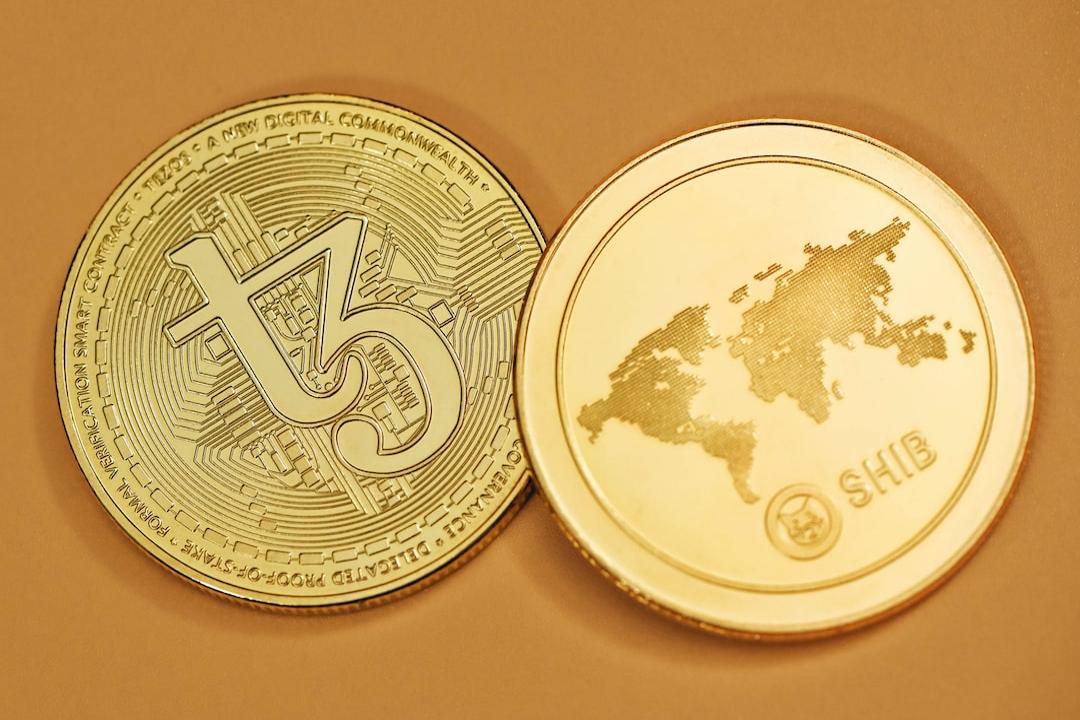The US Securities and Exchange Commission (SEC) recently sought comments on the approval of an Ethereum ETF application, specifically seeking information on whether Ethereum’s Proof of Stake (PoS) raises unique concerns of fraud and manipulation that the agency should consider. In response, we submitted a comment letter explaining why such concerns are unfounded. In fact, Ethereum’s PoS implementation achieves even greater security than Bitcoin’s Proof of Work (PoW), which serves as the basis for SEC-approved Bitcoin ETFs.
On March 8, 2024, the SEC issued a request for public comments regarding a pending rule change application by iShares for the listing of an Ethereum Trust on Nasdaq, which aims to reflect the price of Ethereum. The SEC sought comments on six questions, including whether the specific characteristics of Ethereum and its ecosystem, including its Proof of Stake consensus mechanism and concentration controlled or influenced by a few individuals or entities, raise unique concerns about fraud and manipulation.
Today, we responded to the SEC’s request for comments in the form of a public comment letter, explaining that Ethereum’s PoS has robust built-in mechanisms to prevent fraud and manipulation, which are even more difficult to tamper with than BTC’s PoW consensus model. Here are some highlights:
● Faster block confirmation time: With the transition to PoS, Ethereum now relies on a provable finality model for transactions, meaning blocks are confirmed within a shorter timeframe compared to PoW. Once a block is confirmed, it is immutable.
● Distributed and randomized validation process: Ethereum PoS relies on the separation of responsibilities between block proposers and validators, which acts as a check against errors and manipulation. This model prevents bad actors from predicting who will propose and validate new blocks. Even in the unlikely event of such a scenario, the potential damage is limited to a few blocks that have not been finally confirmed.
● Attack cost: In blockchain security, there is a concept called Byzantine Fault Tolerance (BFT), which is an indicator of the minimum proportion of honest validators required to guarantee the integrity of the system. Researchers have found that the cost of attacking Ethereum by breaking BFT is significantly higher than Bitcoin, reducing the likelihood of network disruption.
● Slashing penalties: Ethereum punishes validators who violate protocol rules by slashing their staked assets, which serves as both a penalty and a deterrent. Unlike PoW, which primarily relies on costly equipment and electricity to prevent attacks, PoS combines upfront staking costs with ongoing financial penalties.
● Environmental benefits while enhancing security: Ethereum’s PoS is more environmentally friendly compared to Bitcoin’s PoW. Based on current estimates, Bitcoin’s annual energy consumption is 30,000 times that of Ethereum.
These security measures provided by the Ethereum PoS model are further strengthened by:
● Ethereum’s decentralized community: Ethereum has a large and active developer community, larger than Bitcoin’s, and the diversity of its software clients makes it more difficult for attacks to penetrate the network.
● Transparency of Ethereum: Anyone can participate in Ethereum’s development, and the development work, like the Ethereum blockchain itself, is completely open. This openness allows for comprehensive monitoring of network activity, further protecting the protocol from malicious actors.
We urge the SEC to recognize the inherent advanced security measures in Ethereum’s design, which not only meet but exceed the exemplary security and resilience measures relied upon by previously approved Bitcoin-based ETPs.
Our mission is to onboard the next billion users to web3. We further this mission through public advocacy on this important issue. Our comment letter is a step towards progress and providing relevant and useful information to the public. As always, we look forward to ongoing constructive dialogue with the SEC and its staff.


